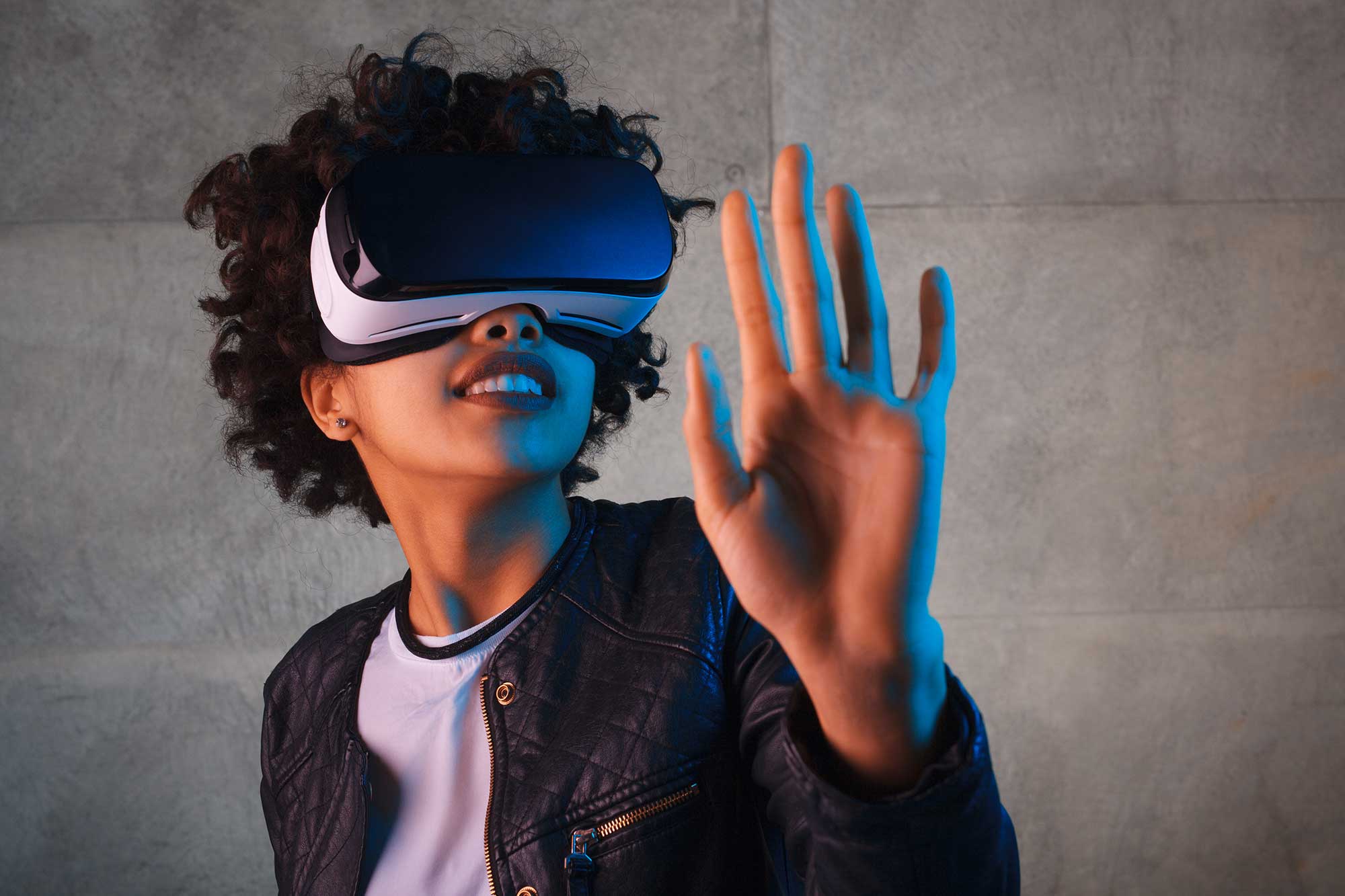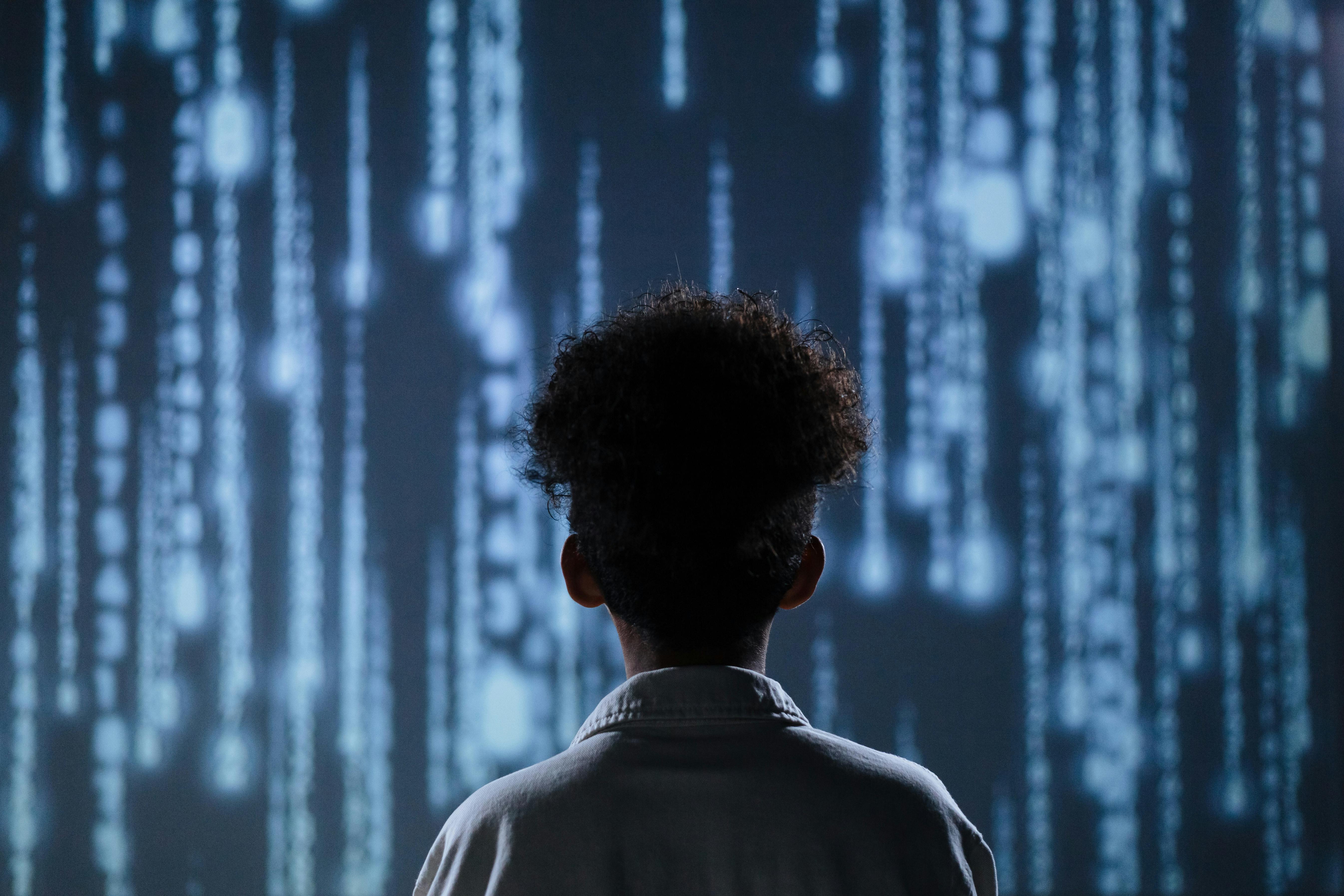Report Highlights Potential Impact of Virtual Reality on Children's Development

Common Sense released a new report today on the potential impact of virtual reality on kids' cognitive, social, and physical well-being, including VR's ability to shape the perspectives of young minds. The report,Virtual Reality 101: What You Need to Know About Kids and VR, includes an up-to-date synthesis of existing VR research, as well as a new survey conducted in collaboration with SurveyMonkey on top parent concerns, health effects, and VR as a tool for inspiring empathy in young people.
[Virtual Reality Without a Headset? Real Classroom Strategies for VR]
Key findings from the report include:
- One in five U.S. parents today reports living in a household with VR, though many parents (65 percent) say they are not planning to buy a VR device.
- VR is likely to have powerful effects on children because it can provoke a response to virtual experiences similar to a response to actual experiences.
- Characters in VR may be especially influential on young children, even more so than characters on TV or computers. This can be good or bad depending on the influence.
- Overall, 62 percent of parents believe that VR will provide educational experiences for their children, and that number is higher (84 percent) among parents whose children are already using VR.
In addition to the learning and educational impact of VR, the report highlights other potential positive and negative health impacts, including, on the negative side, sensory and vision issues, aggressive behavior, and escapism and distraction, and, on the positive side, pain management and rehabilitation.
Tech & Learning Newsletter
Tools and ideas to transform education. Sign up below.
